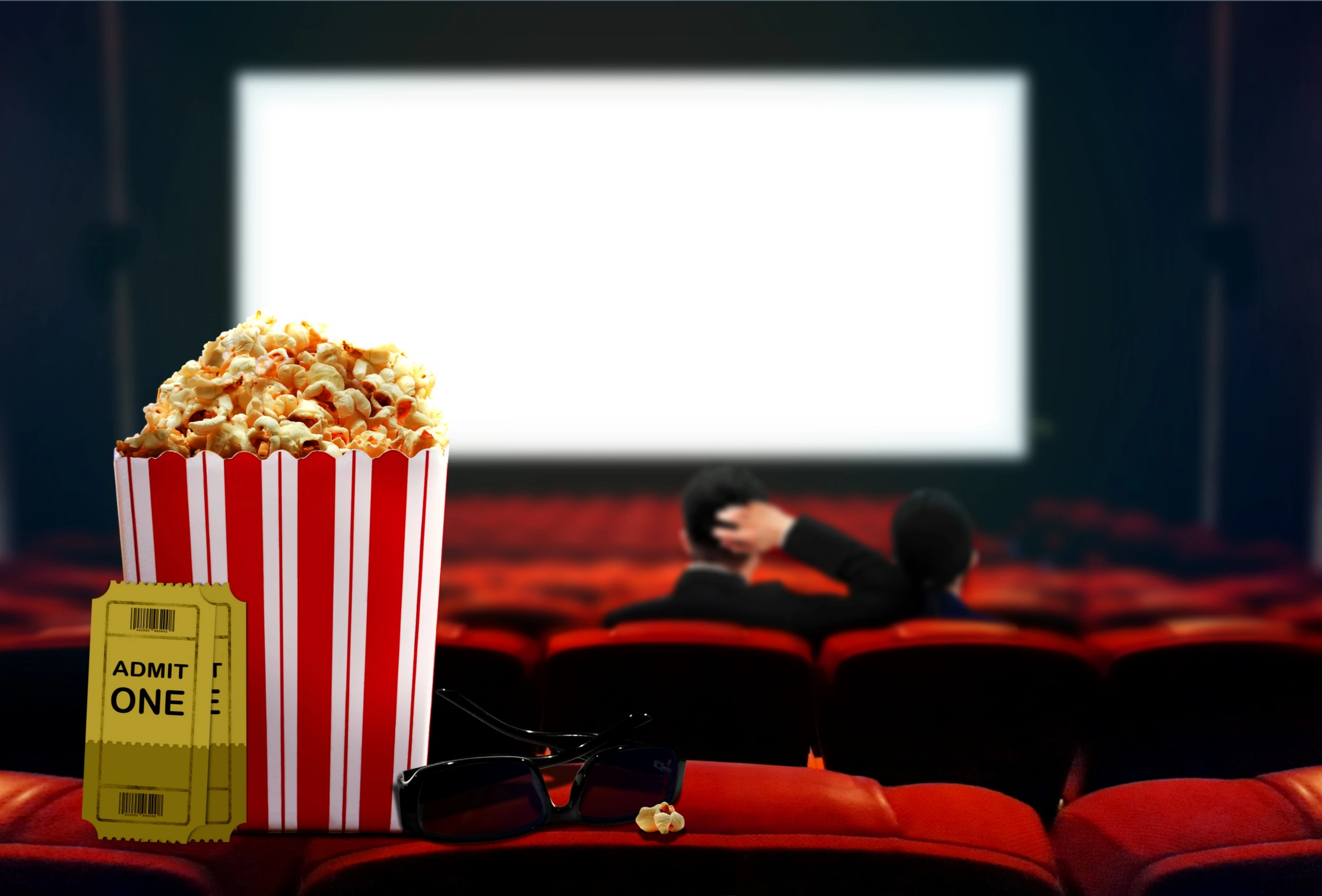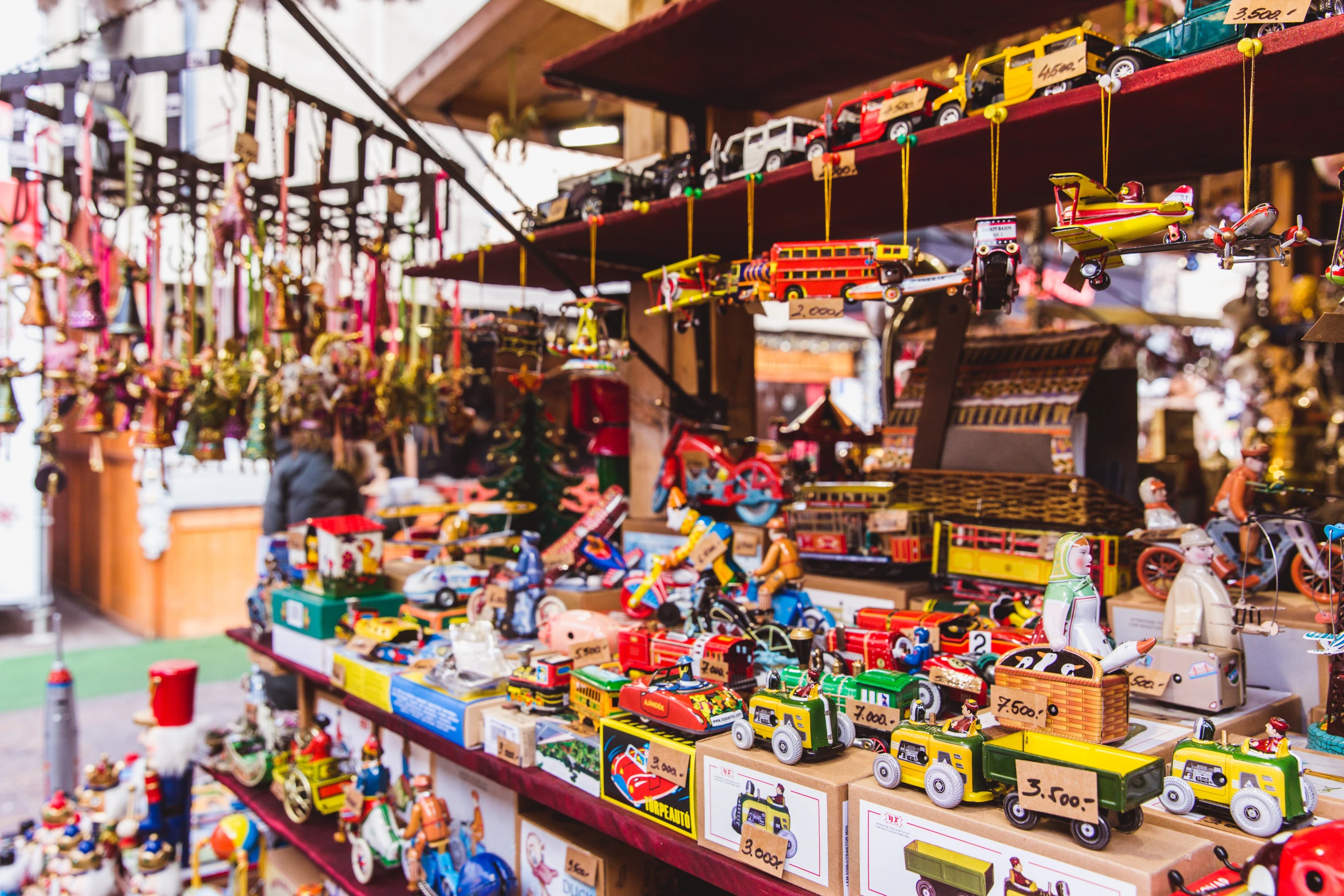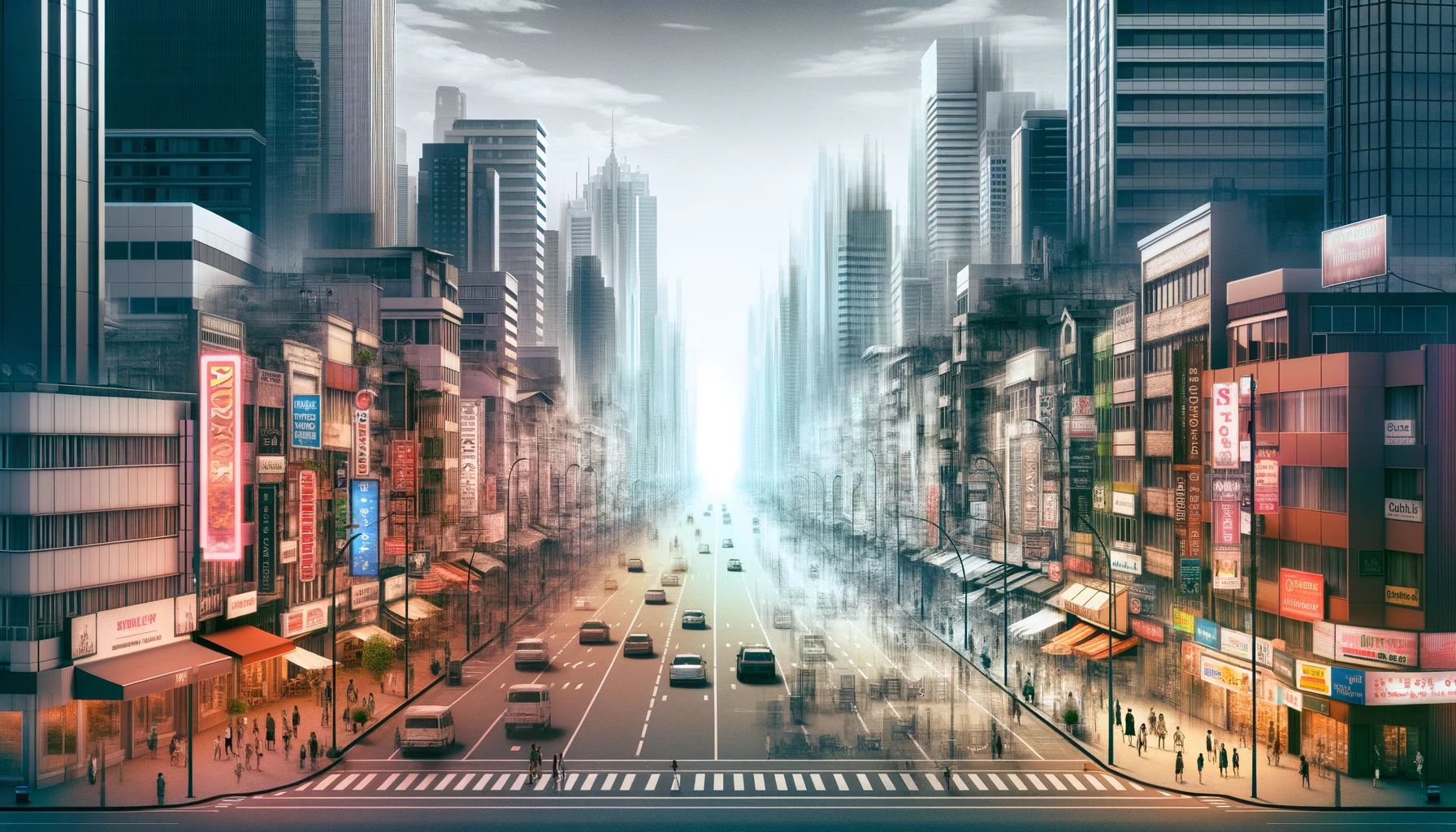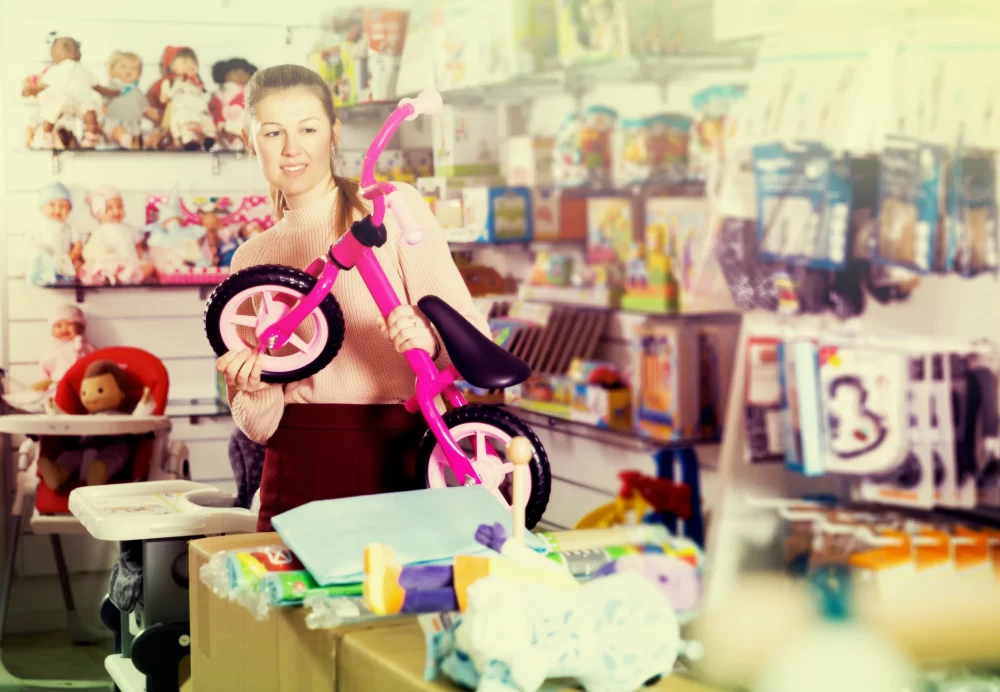
In the hustle and bustle of urban life, cities evolve and change rapidly. However, amidst this evolution, there are certain types of businesses that are disappearing, impacting the fabric of the community and contributing to the gradual decline of the cityscape. With the loss of these 15 types of businesses from your city, let’s see how their disappearance is slowly eroding the essence of your urban environment.
1. Local Bookstores: Losing Literary Charm

Local bookstores have long been a staple of communities, offering a cozy atmosphere and curated selections that reflect the neighborhood’s tastes and interests. With the rise of online retailers and e-books, many independent bookstores struggle to compete, leading to closures and the loss of a cherished community gathering spot.
2. Family-Owned Restaurants: Fading Culinary Diversity

Family-owned restaurants not only serve delicious cuisine but also preserve cultural traditions and culinary diversity within a city. However, rising rents and competition from chain establishments often force these beloved eateries to shutter their doors, depriving residents of unique dining experiences and authentic flavors.
3. Neighborhood Hardware Stores: Diminishing DIY Support

Local hardware stores have traditionally been a go-to destination for homeowners and DIY enthusiasts seeking tools, materials, and expert advice. Yet, as big-box retailers dominate the market and online shopping becomes more prevalent, these neighborhood institutions struggle to survive, leaving residents with fewer convenient options for home improvement needs.
4. Community Theaters: Losing Artistic Expression
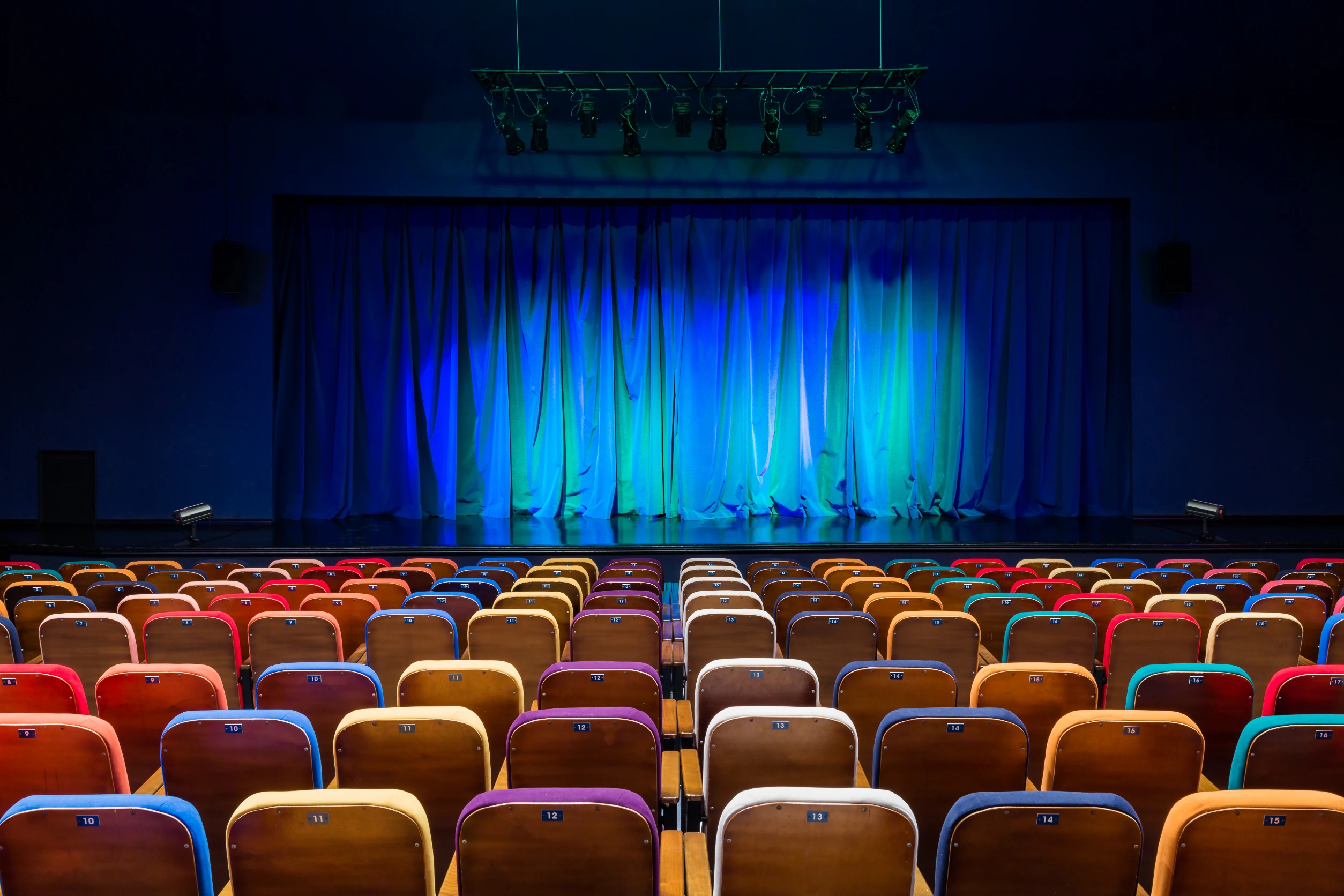
Community theaters play a vital role in nurturing local talent, fostering creativity, and providing accessible entertainment for residents of all ages. Declining attendance and funding challenges often plague these cultural landmarks, leading to closures that diminish the city’s artistic vibrancy and deprive aspiring performers of valuable opportunities.
5. Independent Coffee Shops: Dwindling Social Hubs

Independent coffee shops serve as more than just purveyors of caffeine; they are gathering places where neighbors connect, artists find inspiration, and ideas are born.
Yet, as multinational chains expand their reach and gentrification alters neighborhood landscapes, these cozy cafes face mounting pressures, resulting in closures that diminish the city’s sense of community and charm.
The post 15 Types of Businesses Your City Is Losing That’s Slowly Destroying It appeared first on The Free Financial Advisor.





